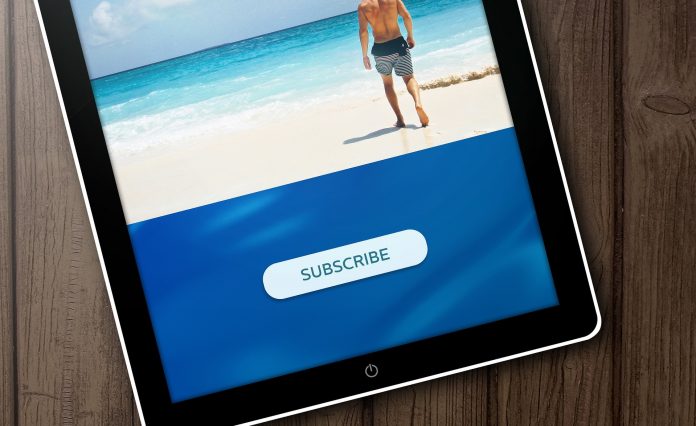The ideal approach for managing subscribers who aren’t engaging with your email marketing can vary depending on your specific goals and the nature of your email list. Here are some guidelines to consider:
- Monitor engagement: Regularly track key metrics like open rates, click-through rates, and conversion rates. If subscribers consistently show low engagement over an extended period, it may be time to reevaluate their place on your list.
- Segment your list: Segment your email list based on subscriber behaviour and engagement levels. This allows you to send more targeted content to those who are actively engaging and adjust your strategy for less engaged segments.
- Re-engage campaigns: Before removing inactive subscribers, try re-engagement campaigns. Send special emails with enticing content, offers, or surveys to try to rekindle their interest. If they don’t respond after a reasonable number of re-engagement attempts, consider removal.
- Set engagement thresholds: Define specific engagement thresholds based on your goals and industry benchmarks. For example, you might consider removing subscribers who haven’t engaged in the last six months, but this timeframe can vary depending on your industry and the frequency of your emails.
- Ask for preferences: Occasionally, reach out to subscribers who haven’t engaged to ask them about their preferences. You might be sending content that isn’t relevant to them, and their input can help you tailor your emails more effectively.
- Gradual removal: Instead of immediately deleting inactive subscribers, consider gradually reducing email frequency to these subscribers. If they still don’t engage, then consider removing them from your list.
- Clean your list regularly: Conduct list-cleaning exercises periodically to remove hard bounces and email addresses that consistently show no engagement. This helps maintain a healthy list and prevents email deliverability issues.
- Respect regulations: Be sure to comply with relevant email marketing regulations, such as the CAN-SPAM Act in the United States or the GDPR in Europe. These regulations often require you to provide an easy way for subscribers to unsubscribe.
- Analyze the cost: Consider the cost of maintaining inactive subscribers versus the potential benefit of re-engaging them. In some cases, it may be more cost-effective to remove them.
- Focus on quality over quantity: Building a smaller, engaged email list is often more valuable than having a large list filled with disinterested or inactive subscribers.
Ultimately, the right strategy for managing non-engaging subscribers depends on your specific goals, industry, and audience. Regularly review and adjust your approach to ensure your email list remains engaged and effective for your email marketing campaigns.


